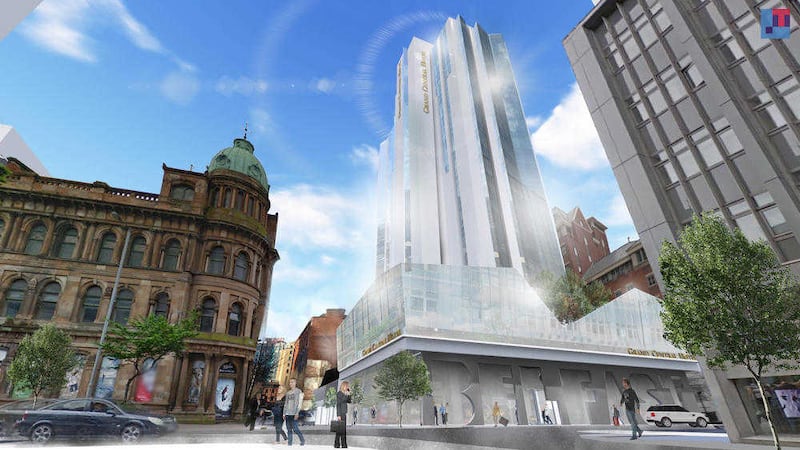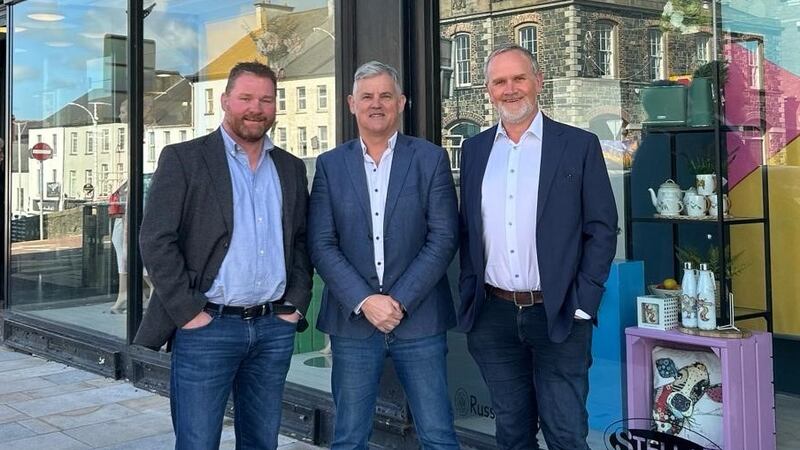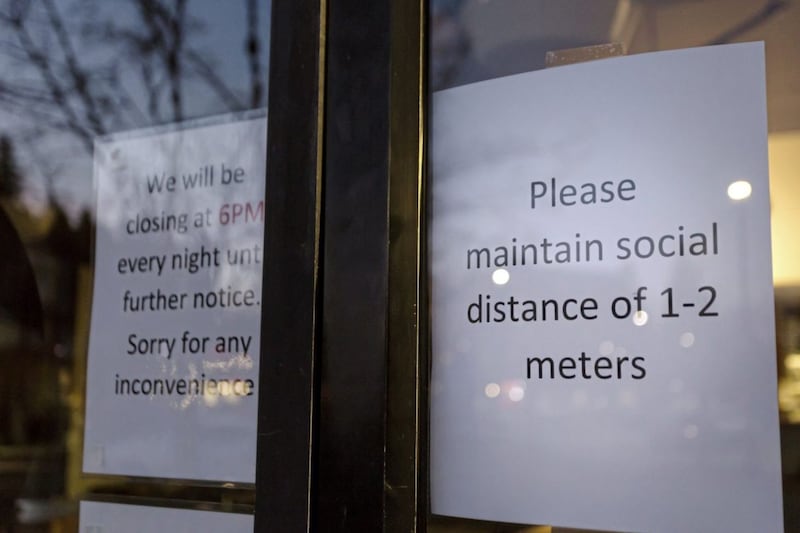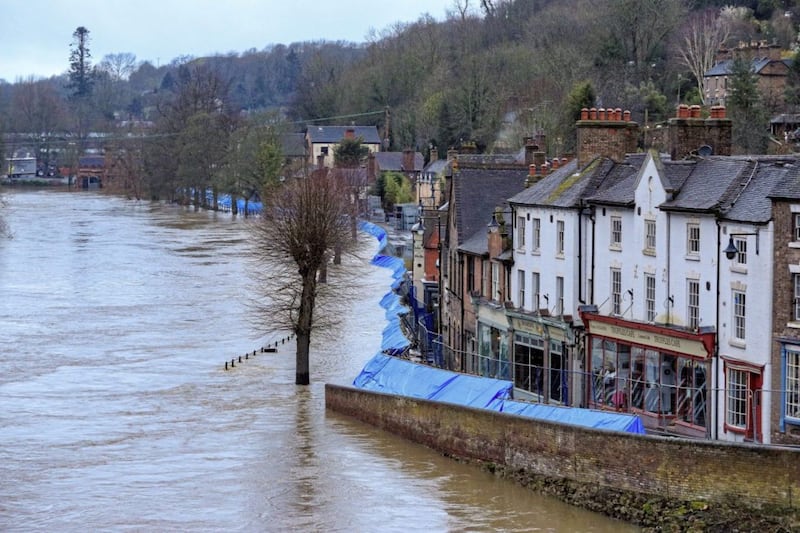IT'S difficult to pick up the paper these days without coming across a story about work beginning on or planning permission being provided for a new hotel. Only last week Holiday Inn Express announced an expansion in Belfast as did the Killyhevlin in Enniskillen.
New hotels in the pipeline include Northern Ireland’s first Hampton by Hilton, a four-star 188-bedroom by Belfast Harbour as part of its City Quays development, a boutique hotel in Titanic Quarter based on the historic Titanic Drawing Offices, the Hastings Hotels’ conversion of Windsor House and the Beannchor Group’s new ‘Bullitt’ hotel, also in Belfast. The list goes on and on. In total about 20 new hotels are in the pipeline for the city.
The reason is that Northern Ireland, and Belfast in particular, has a shortage of hotel beds. A survey by Colliers International published last month found that Belfast enjoyed the highest increase in hotel occupancy levels across the entire UK.
This growth reflects a report produced by Hospitality Ulster last year which argued that the region’s burgeoning hospitality sector could generate an extra 5,000 jobs over the next decade.
This would bring the number of people employed in the food and drink element of the hospitality sector to around 50,000. This is big business, with the sector contributing £653 million in wages and £1.2 billion to the Northern Ireland economy as a whole.
As an insurance broker Autoline has also seen the effects of a growing sector, with an increasing number of hospitality clients seeking professional insurance advice.
As with any sector the hospitality industry has its own particular issues which affect the provision of insurance cover. As a service sector it’s all about providing an ‘experience’ for customers. Thanks to social media and sites such as TripAdvisor everyone is now also a potential hotel critic with a global audience. Attention to detail and maintaining standards are essential.
A big part of the ‘experience’ for customers is the quality of your staff – not only their soft skills of attentiveness and politeness towards guests - but also their dedication to ensuring that the ‘product’ part of the experience (cleanliness, food, comfort etc.) is beyond reproach.
Consequently, managing staff turnover is a significant issue for our hospitality customers. A good employee is neither easy nor cheap to replace. Granted, some employee turnover is essential with good staff being promoted and those less suited to the business moving on. High levels of turnover, however, can be a serious problem.
Retaining an employee is much cheaper than hiring a new one, not least because new employees are inexperienced and must be trained before they can be fully productive. With inexperience comes unfamiliarity and an increased potential for an injury that may result in a workplace accident claim. Multiple accidents can adversely affect insurance premiums. All businesses should, therefore, have effective health and safety procedures in place to minimise incidents.
Managing diversity in the workplace is also an issue which can be more pertinent to the sector. Diversity brings many positives, but it also requires good management. Differences in culture and language can create practical challenges and if not managed proactively, can create tension between employees or between employees and management. If relationships break down or issues are not effectively addressed, the business can be exposed to very difficult HR problems.
Insurance, however, is the art of managing risk, providing policies which are fit for purpose and match the needs of an individual business. Anticipating what the potential risks may be is half the battle, be that managing staff turnover, anticipating the inevitable customer slip or fall, or unexpected weather which ruins an outdoor event.
Planning for what can go wrong is the first step to ensuring that your guests’ experience goes right.
:: John Kielty is commercial insurance director at Autoline Insurance Group








